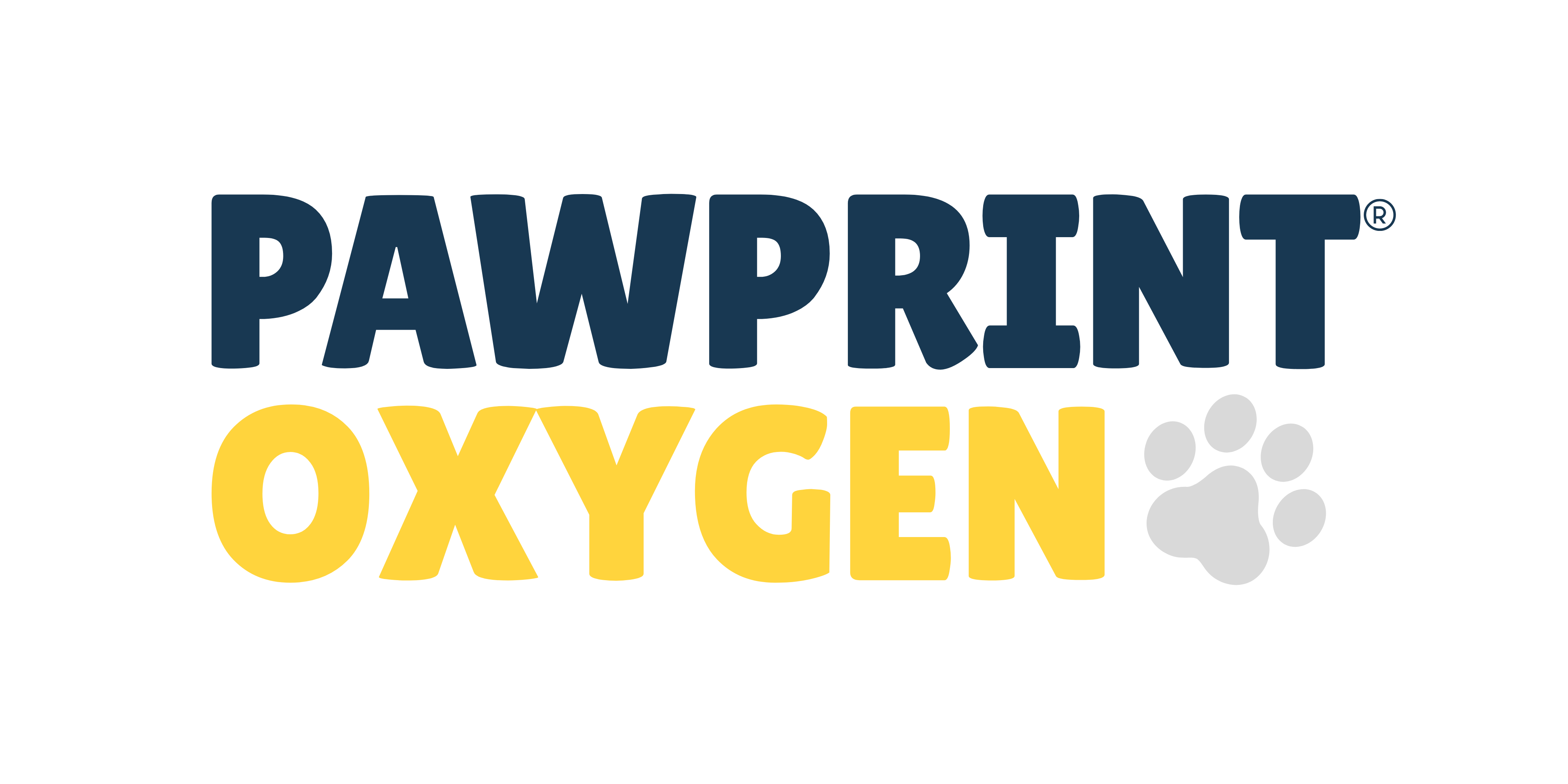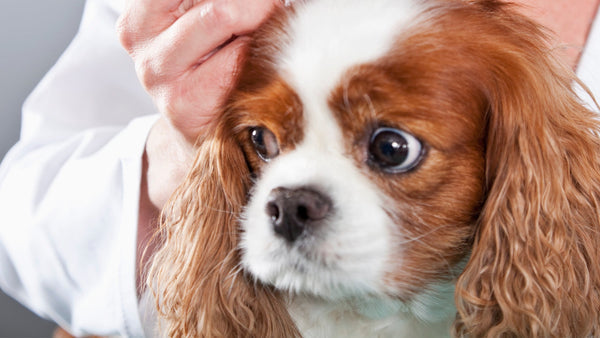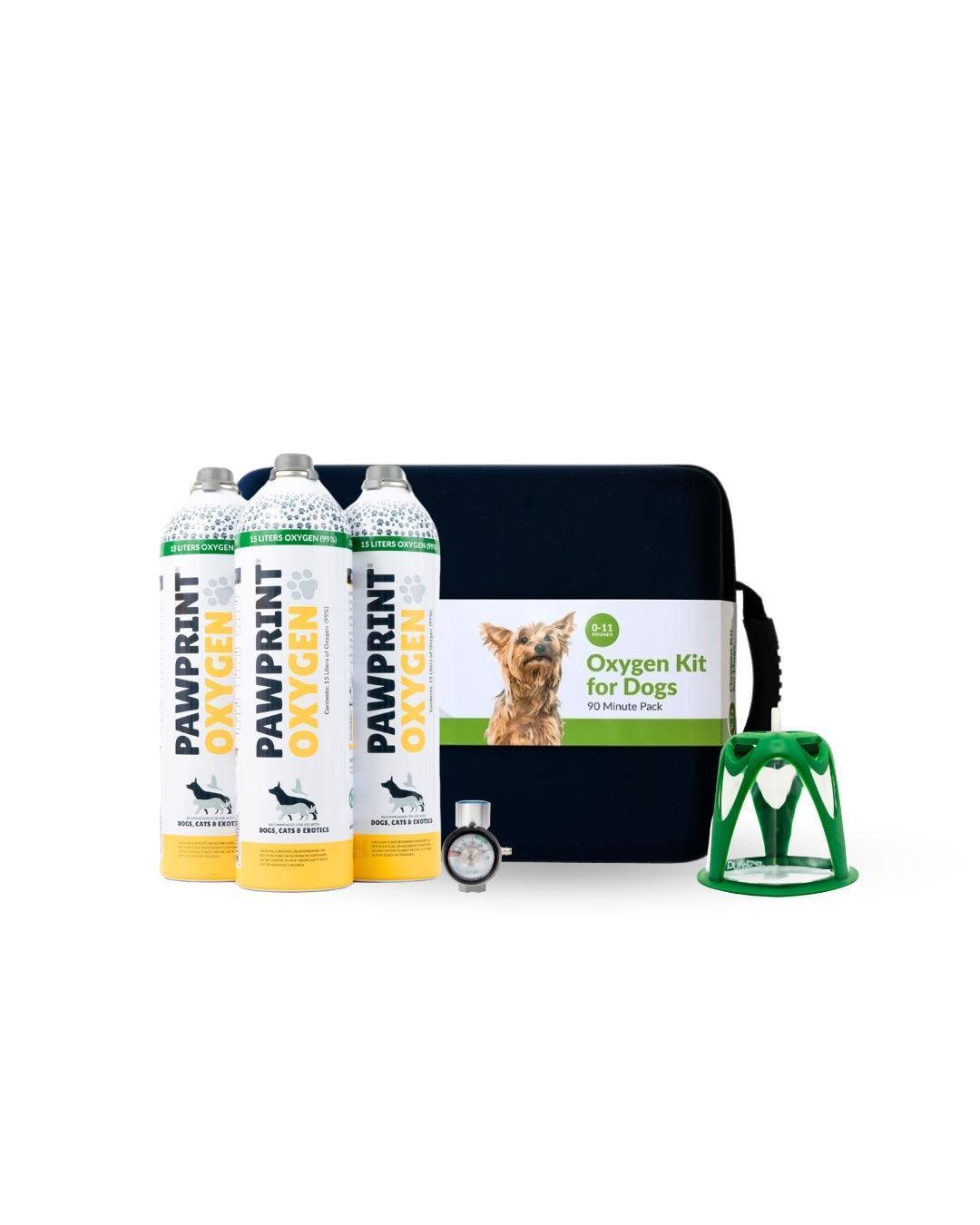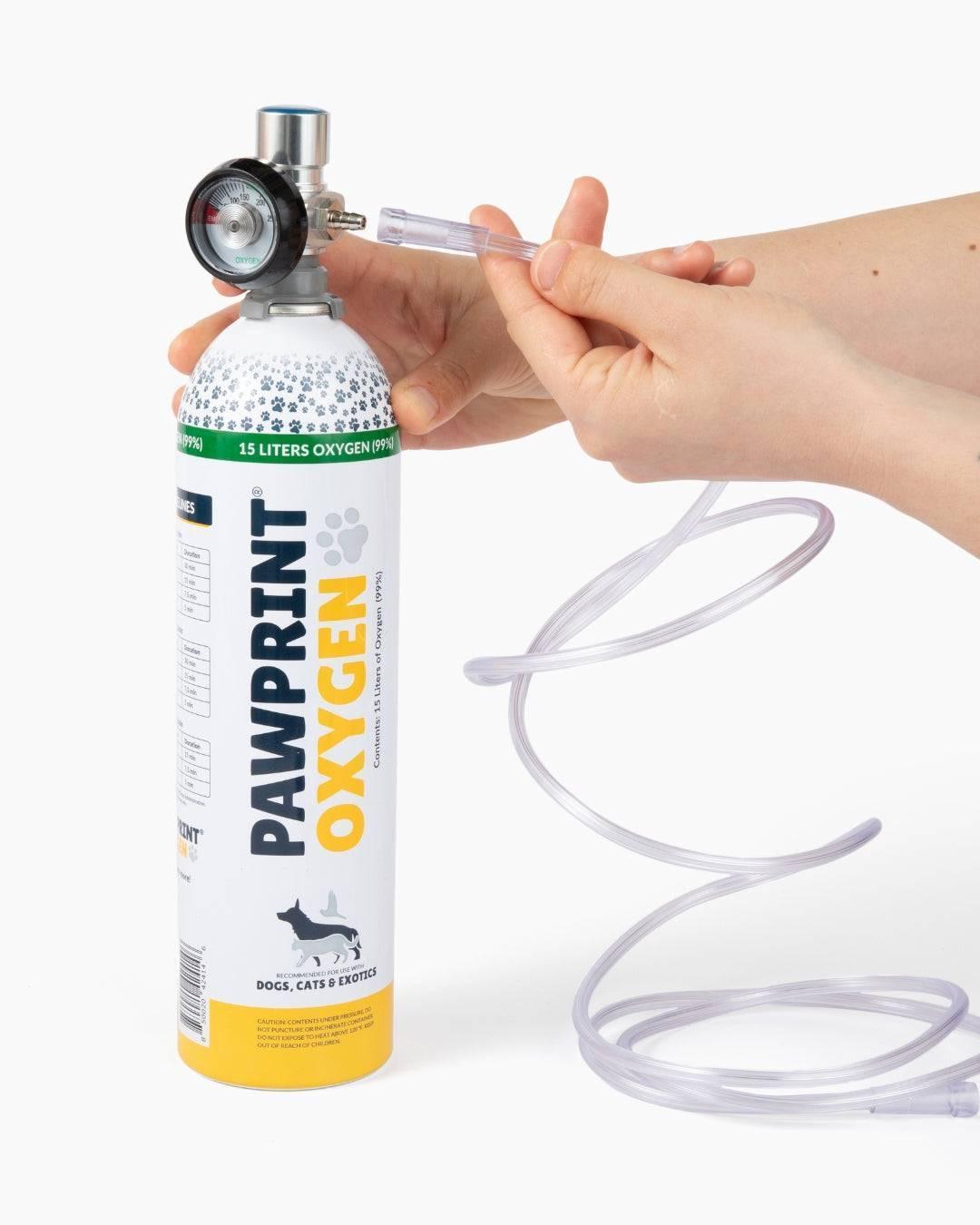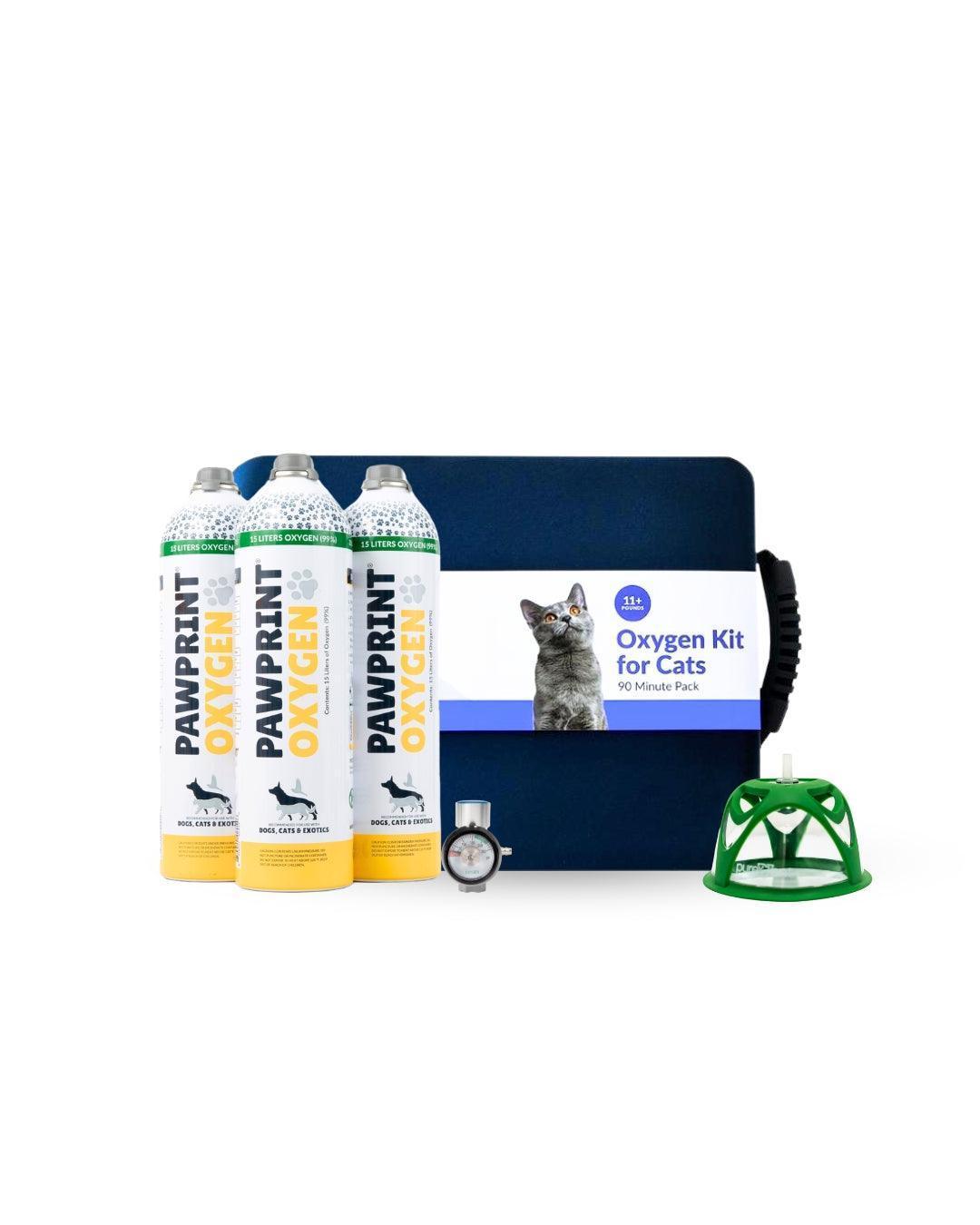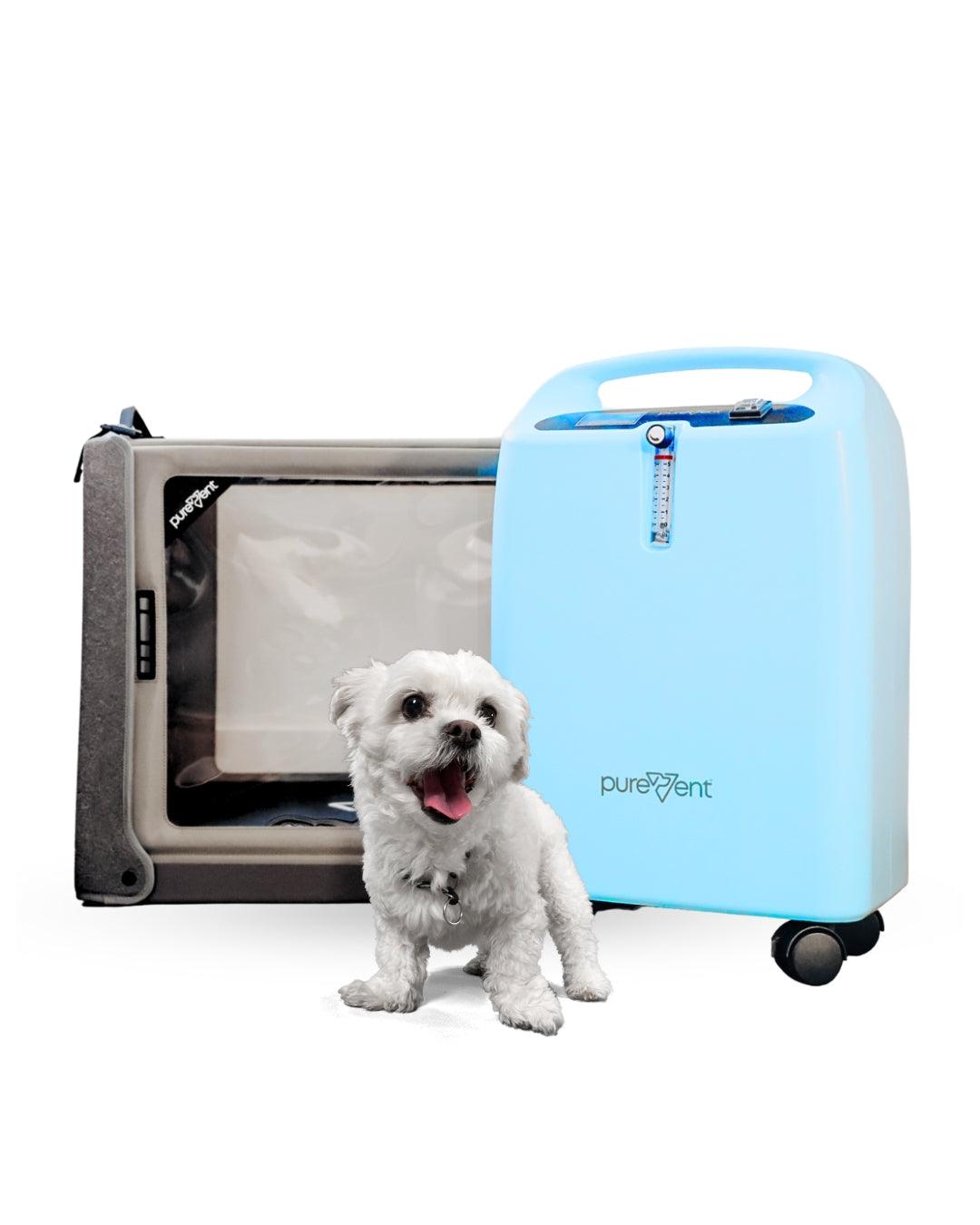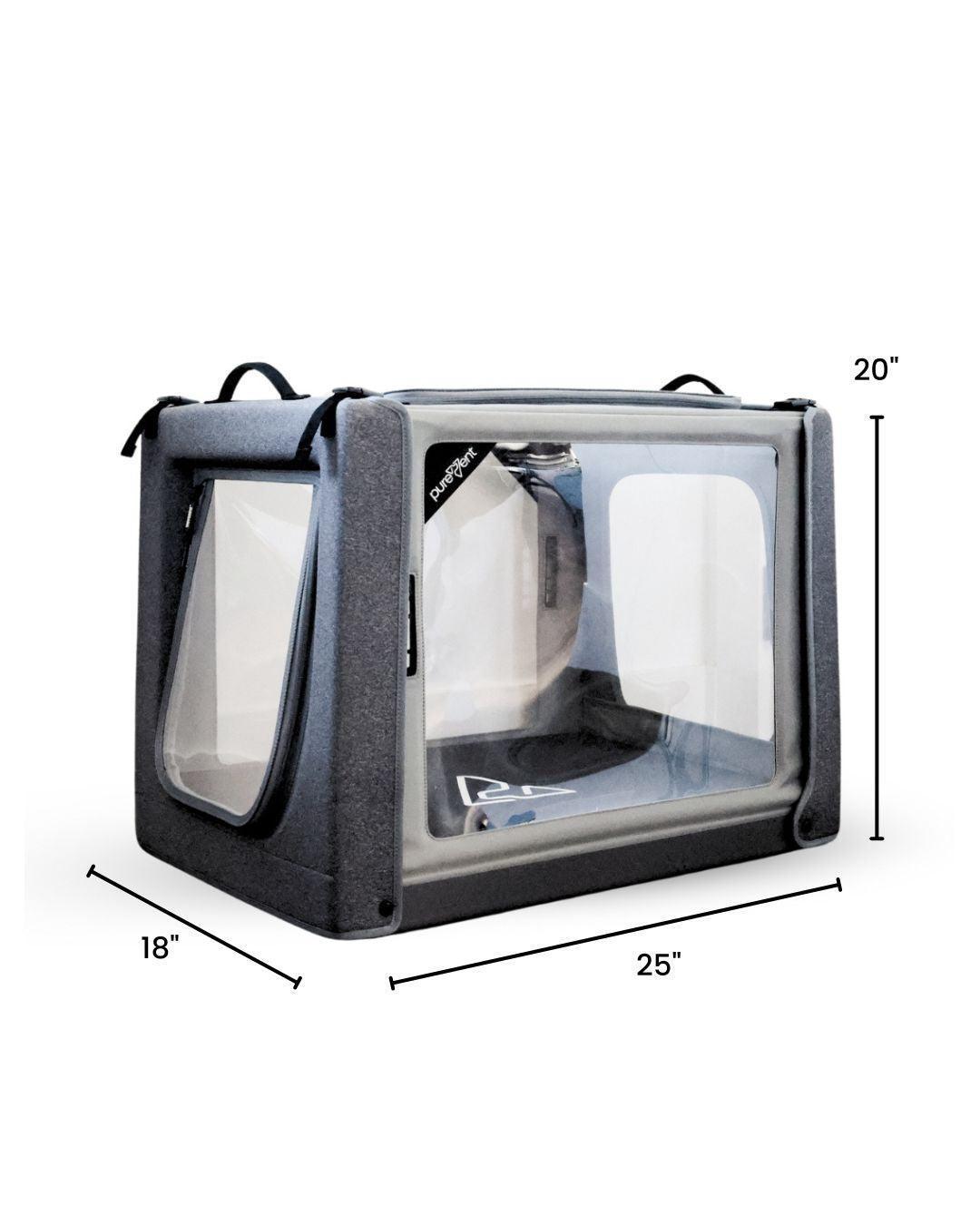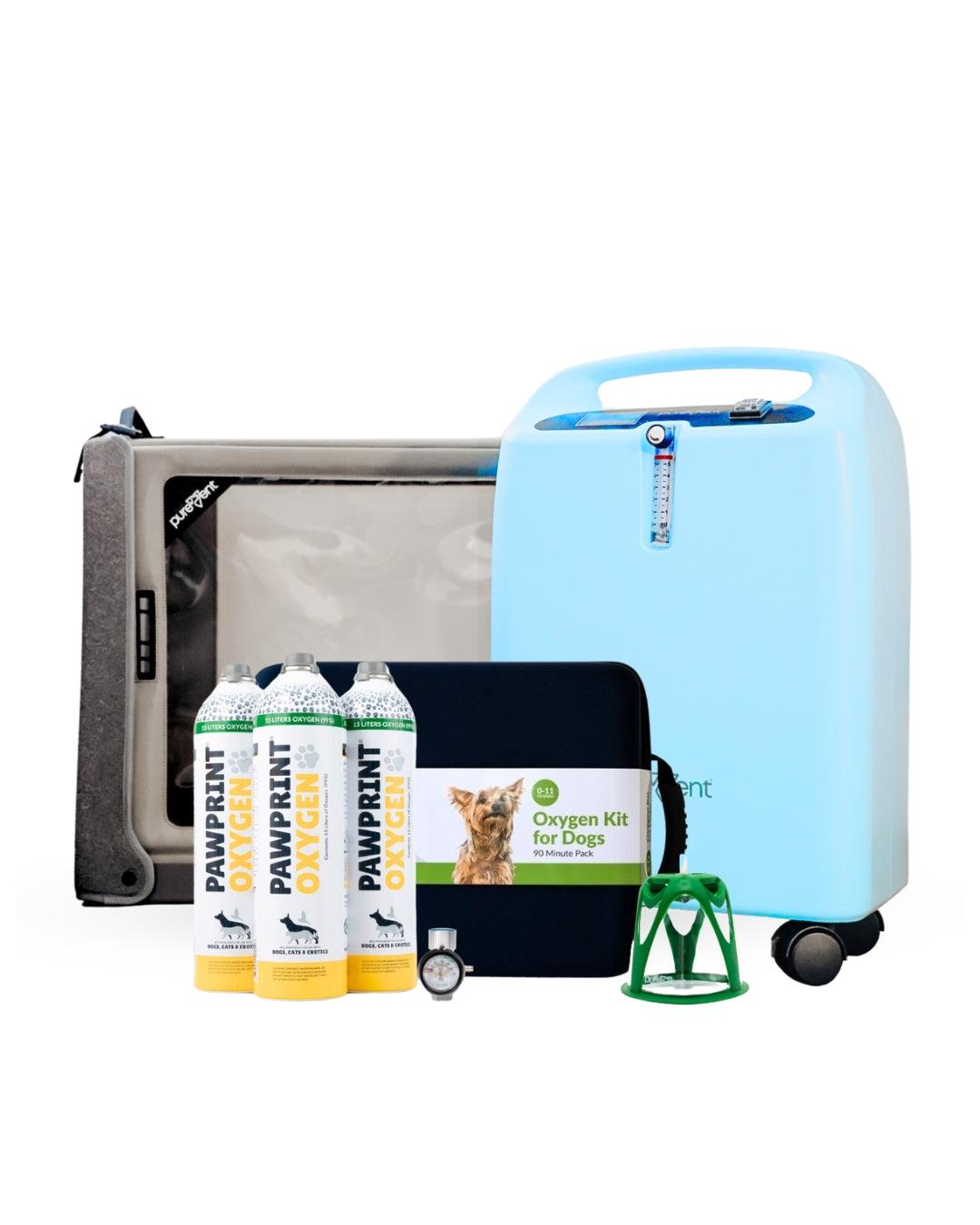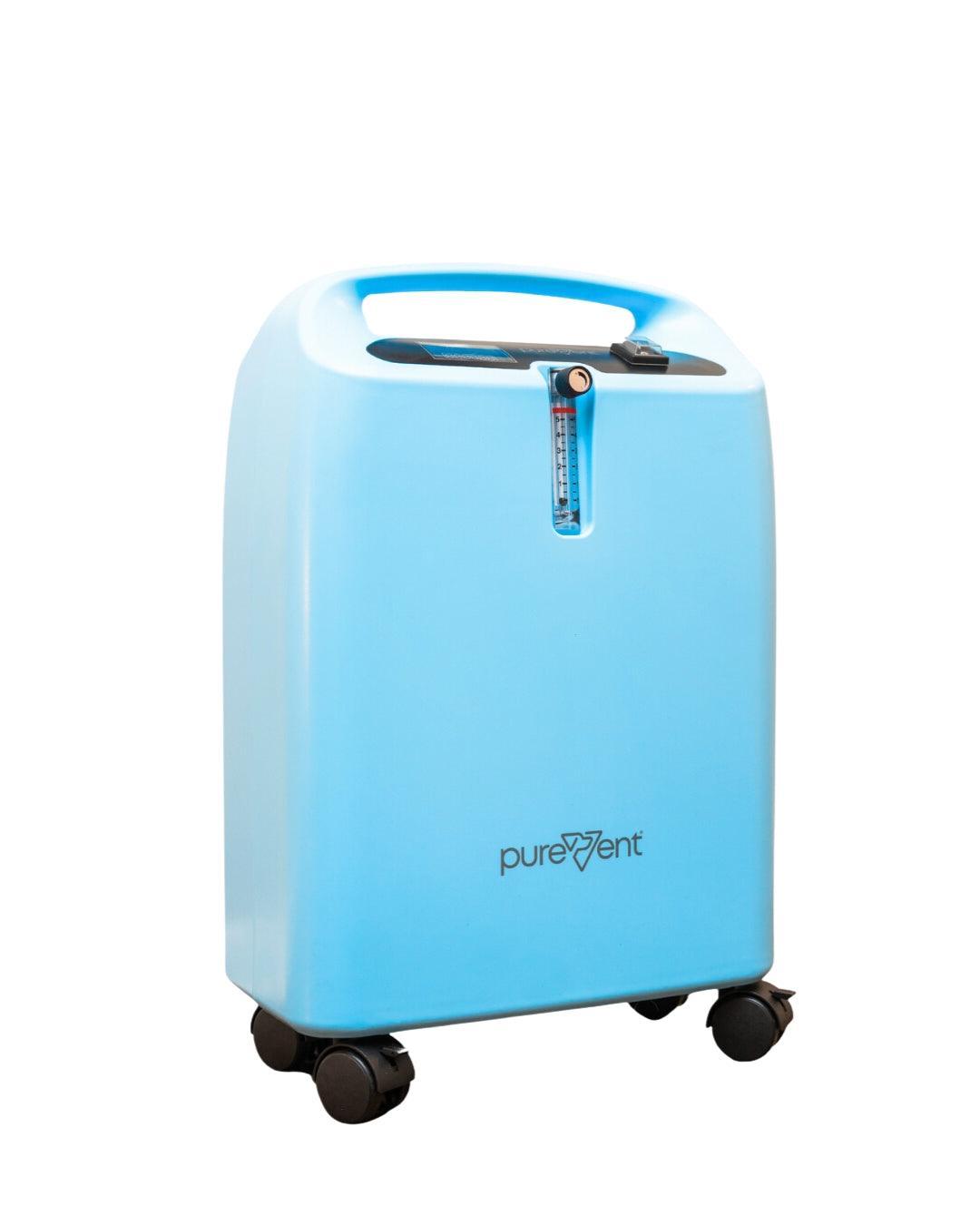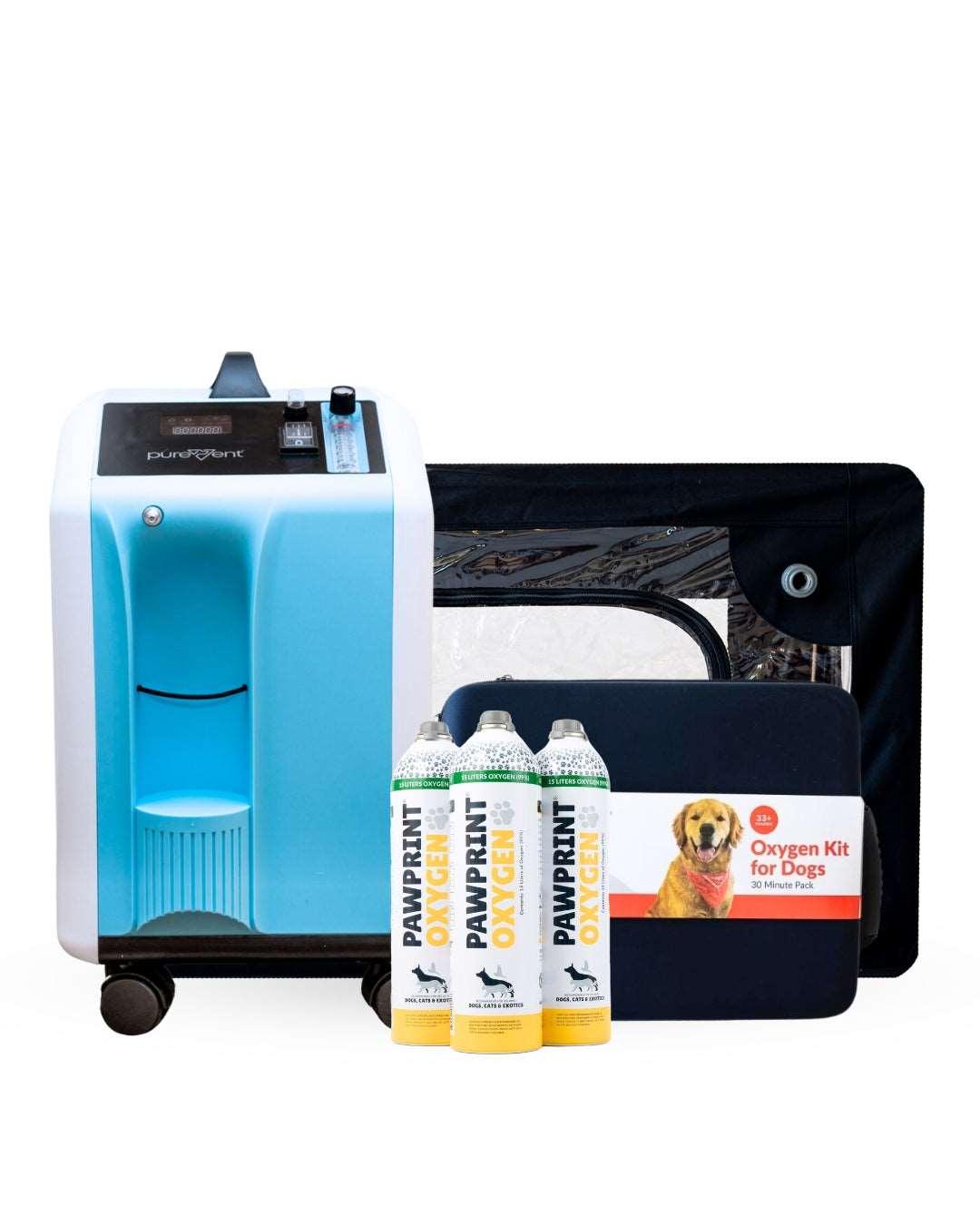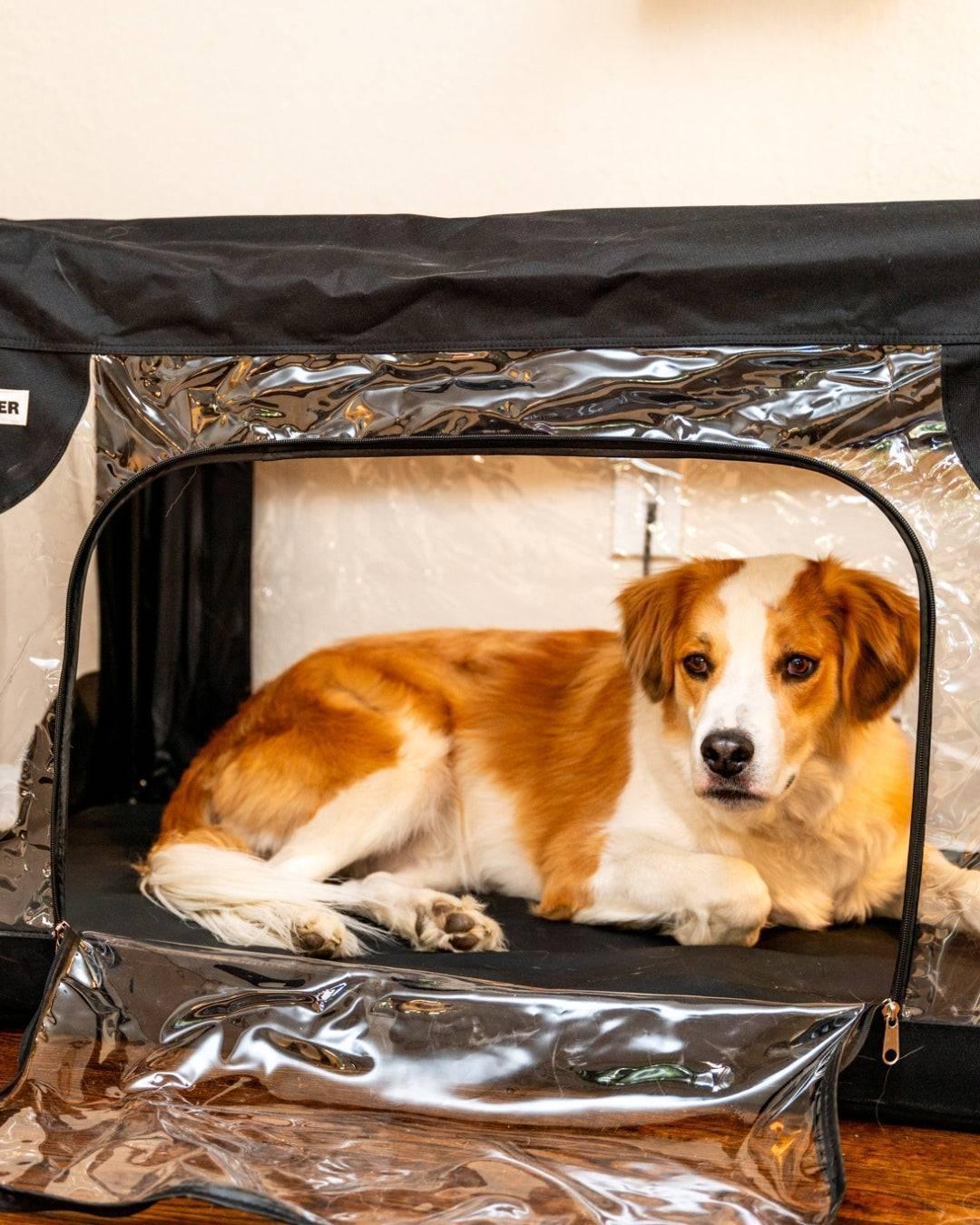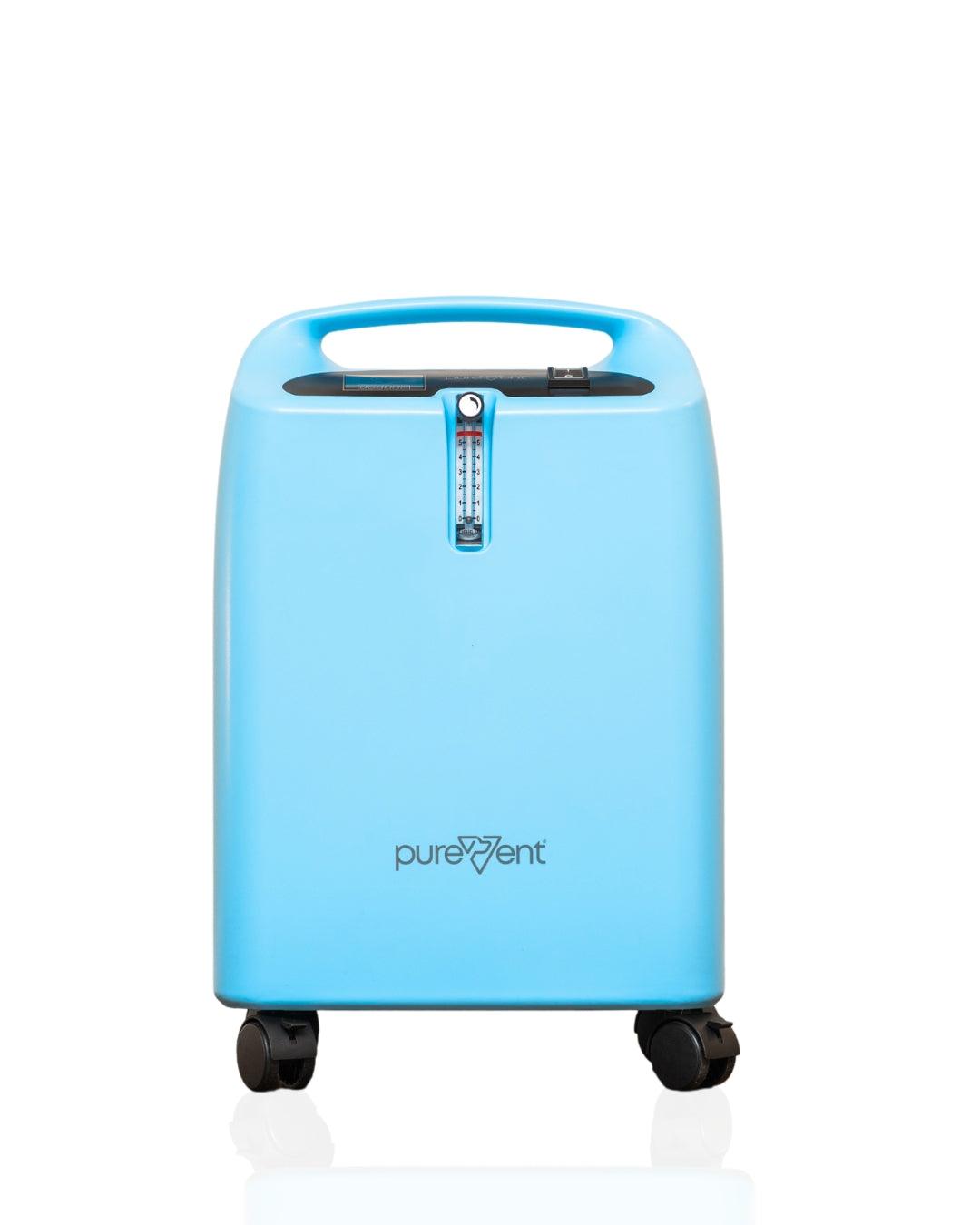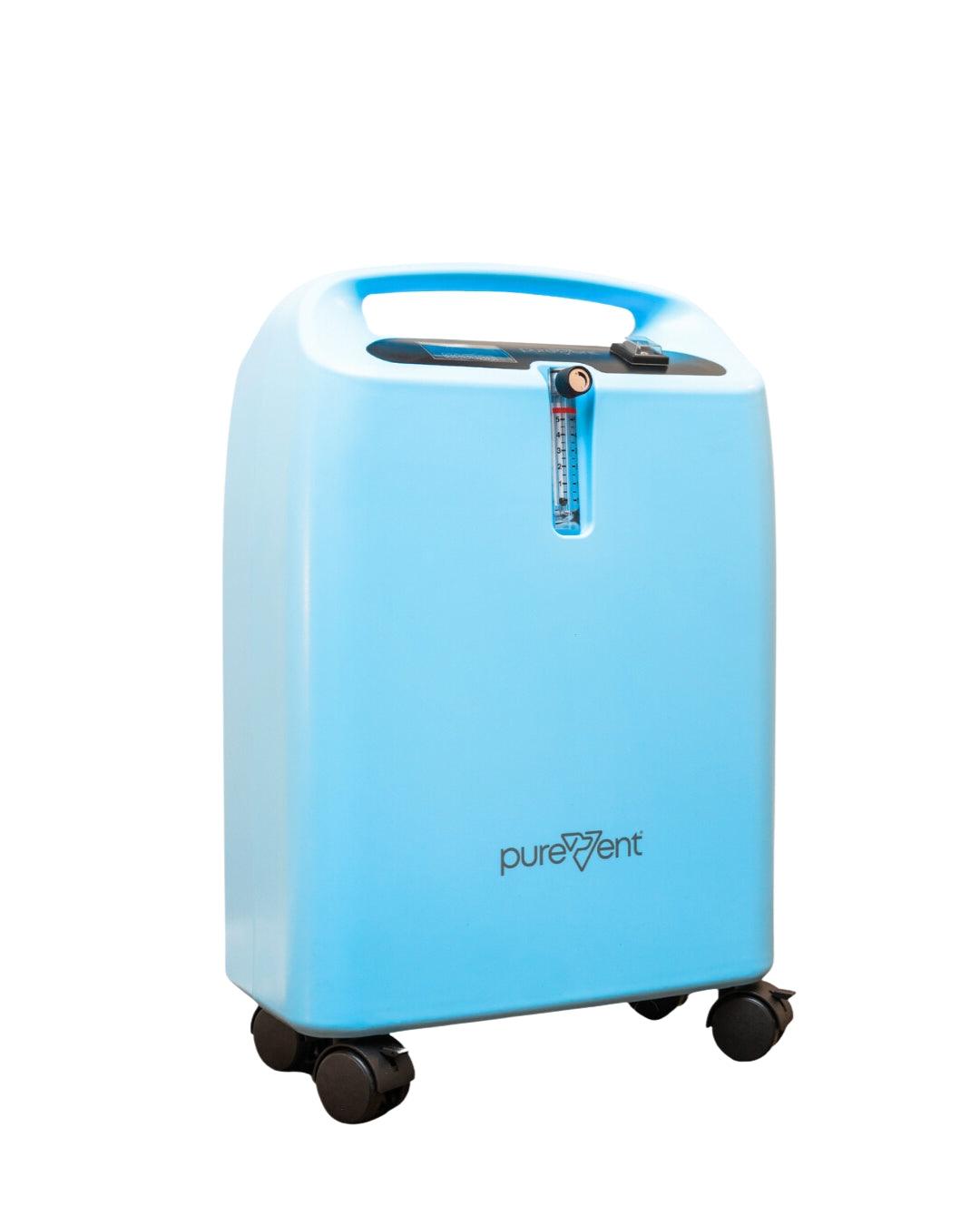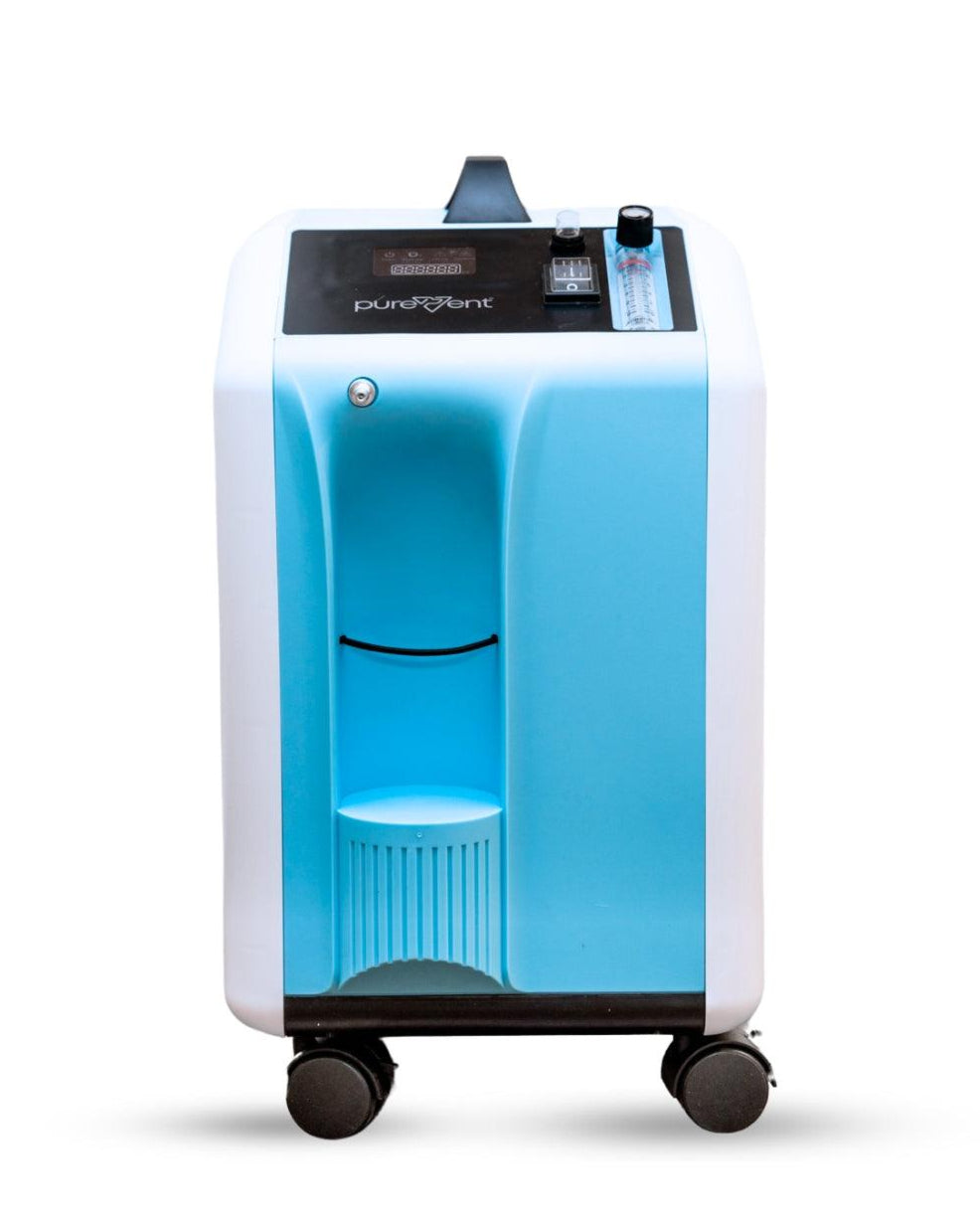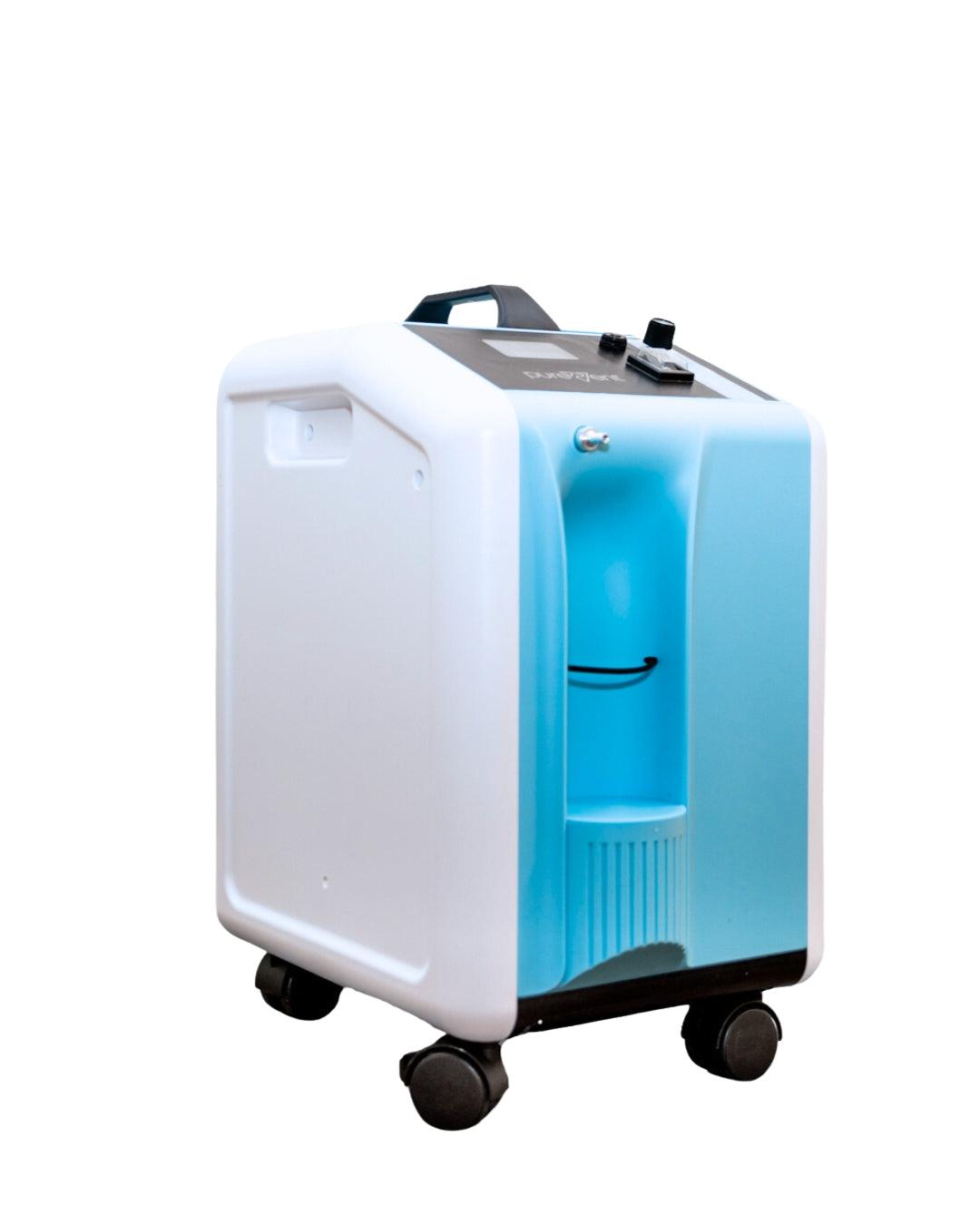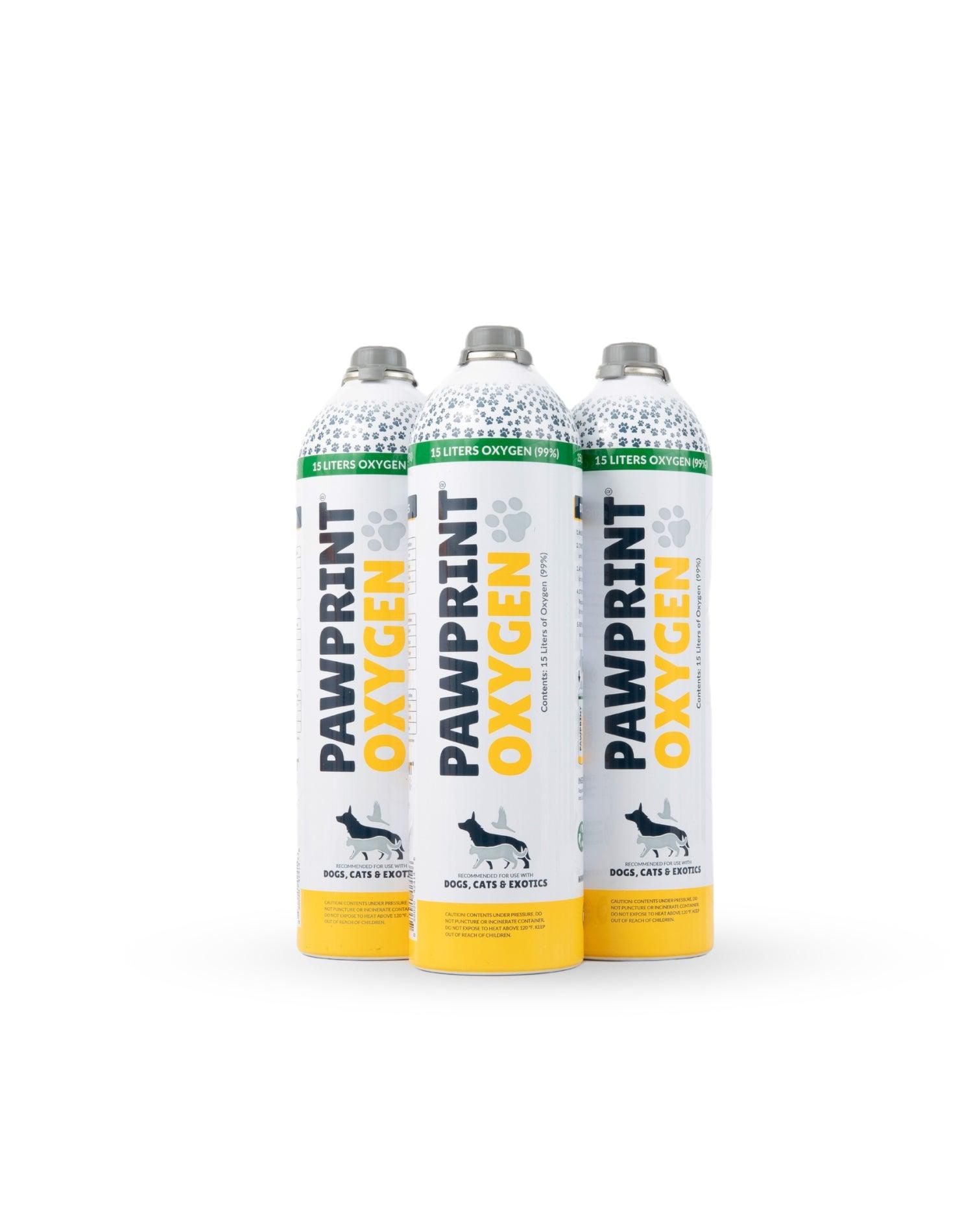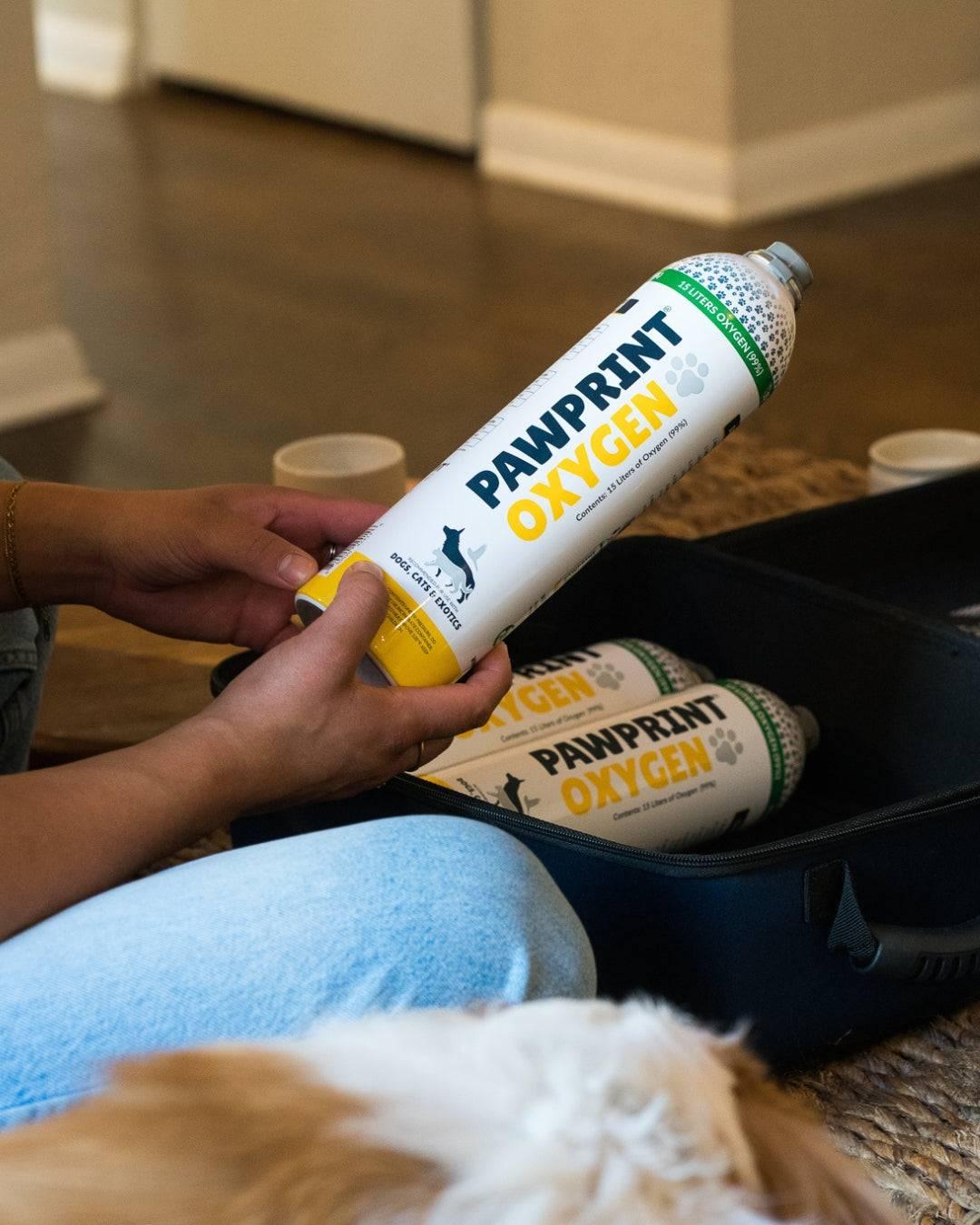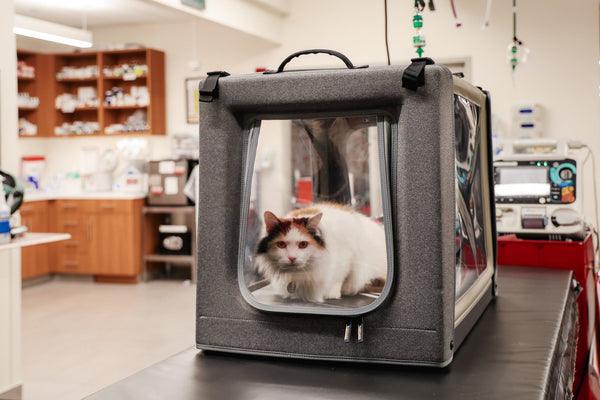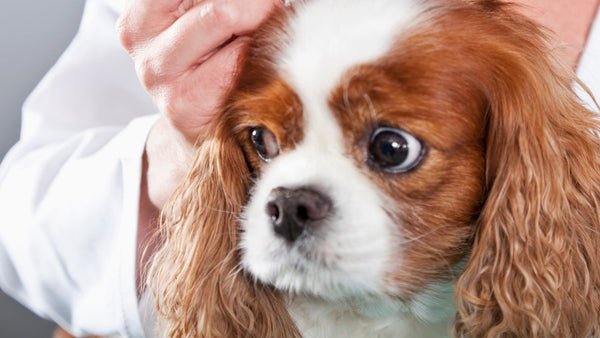Kennel cough, or canine infectious respiratory disease complex (CIRDC), is one of the most common respiratory illnesses in dogs—especially in social settings like doggy daycares, kennels, and dog parks.
Many pet owners are surprised and concerned when their vaccinated dog starts coughing, wondering: Can my dog still get kennel cough even if they’re vaccinated? The short answer is yes—vaccination significantly helps, but it’s not a guarantee. In this article, we’ll break down why that happens, what the vaccine does protect against, and how you can support your dog’s recovery, including providing your dog with at-home oxygen therapy.
Table of Contents

What Is Kennel Cough?
Kennel cough is a contagious, multifactorial respiratory condition that affects the upper airway of dogs. It’s part of a broader classification called canine infectious respiratory disease complex (CIRDC), which involves a combination of viral and bacterial pathogens.
Common symptoms include:
| Dry, honking cough | Often sounds like a goose honk |
| Retching or gagging | May resemble vomiting |
| Sneezing or nasal discharge | Mild, clear mucus is common |
| Mild fever | Sometimes present |
| Loss of appetite | Especially in more severe cases |
How it spreads:
Kennel cough is highly contagious. It transmits through airborne droplets, direct nose-to-nose contact, and contaminated surfaces like shared toys, water bowls, or bedding.
Read our article on how to tell if it’s kennel cough or something more serious.
What Does the Kennel Cough Vaccine Protect Against?
There are several types of kennel cough vaccines, each targeting different components of the disease.
Types of vaccines:
- Intranasal: Delivers immunity quickly, often preferred in high-risk environments.
- Injectable: Common and convenient, but may take longer to take effect.
- Oral: Less common, but easy to administer.
Common pathogens covered:
- Bordetella bronchiseptica – the main bacterial cause of kennel cough.
- Parainfluenza virus – one of the viral contributors.
However, CIRDC may also be caused by other agents like canine adenovirus-2, canine influenza virus, or mycoplasma, which are not always included in every vaccine.
Why Dogs Can Still Get Kennel Cough After Vaccination
Even if your dog is vaccinated, there are several reasons why they may still get kennel cough.
Multiple Pathogens Involved: Vaccines don't protect against all strains or organisms.
Varying Immune Response: Just like in people, some dogs develop better immunity than others.
High Exposure Risk: Overcrowded kennels or poor ventilation can overwhelm even a vaccinated dog's immune system.
Timing: It takes time (usually 3-10 days) for the vaccine to become effective. If your dog was exposed before or shortly after vaccination, they may still get sick.
Waning Immunity: Immunity fades over time. If your dog's last booster was more than a year ago, protection may be reduced.
How Vaccination Helps Even If It Doesn’t Prevent Infection
Even when a vaccinated dog contracts kennel cough, the illness is usually much milder than in an unvaccinated dog.
Benefits of vaccination:
- Shortens duration of illness
- Reduces severity of symptoms
- Decreases risk of complications like pneumonia
- Minimizes transmission to other dogs, especially important in shelters or group housing
- Supports community-level protection (herd immunity)
This is why boarding facilities and veterinary hospitals often require proof of Bordetella vaccination before accepting dogs.
How to Further Protect Your Dog from Kennel Cough
Here are ways to keep your dog safer even after vaccination:
- Stay current on vaccines – especially Bordetella, canine influenza, and parainfluenza.
- Avoid crowded pet areas during known outbreaks.
- Ensure proper ventilation in kennels and indoor dog spaces.
- Disinfect shared items and surfaces like toys, water bowls, and leashes.
- Isolate symptomatic dogs immediately and monitor for worsening signs.

When To See the Vet
Most cases of kennel cough resolve on their own, but you should call your veterinarian if your dog experiences:
Persistent coughing (more than 7–10 days)
Lethargy or weakness
Loss of appetite
Fever
Trouble breathing or wheezing
Young puppies, senior dogs, and dogs with compromised immune systems are more vulnerable to complications like bacterial pneumonia.
What causes kennel cough—bacteria, viruses, or both?
Kennel cough is caused by both bacteria and viruses. It’s a highly contagious illness that often spreads in environments where dogs are in close contact, such as kennels, doggy daycares, and shelters. The most common bacterial culprit is Bordetella bronchiseptica, while viral contributors can include canine parainfluenza virus, canine adenovirus type 2, and canine influenza virus, among others.
These pathogens can act alone or in combination to compromise the respiratory tract, making dogs more vulnerable to secondary infections. This is why kennel cough can vary in severity—from a mild cough to more serious symptoms like lethargy, loss of appetite, and fever. Vaccinations and good hygiene practices are key to reducing the risk of infection.
Is kennel cough the same as a dog cold or flu?
Kennel cough is similar to a dog cold or flu in that it affects the respiratory system and can cause symptoms like coughing, sneezing, nasal discharge, and lethargy. However, kennel cough is not exactly the same—it’s a specific illness often caused by a combination of viruses and bacteria, most commonly Bordetella bronchiseptica and canine parainfluenza virus . It's highly contagious and typically spreads in places where dogs congregate.
In contrast, the term "dog cold" is a more general way to describe mild respiratory symptoms, while "dog flu" usually refers to a specific viral infection caused by canine influenza viruses like H3N8 or H3N2 . So while the symptoms can overlap, kennel cough is its own distinct condition within the broader category of canine respiratory illnesses.
How often should my dog get the kennel cough vaccine?
Dogs should receive the kennel cough vaccine—commonly referred to as the Bordetella vaccine— once a year , though some veterinarians may recommend it every six months for dogs at higher risk, such as those who frequently visit boarding facilities, groomers, dog parks, or daycare centers. It's best to consult your veterinarian to determine the right schedule based on your dog’s lifestyle and exposure risk.

Treatment Options for Kennel Cough
Mild Cases |
Rest, hydration, and supportive care at home |
Veterinary Care |
May include: |
| - Antibiotics for secondary bacterial infections | |
| - Cough suppressants or anti-inflammatories | |
| - Nebulizers or bronchodilators in severe cases | |
Severe Cases |
May require supplemental oxygen therapy at home hospitalization, or IV fluids |
If symptoms worsen or don’t improve within 10 days, consult your vet for further intervention.
At-Home Supplemental Oxygen Therapy
Dogs showing signs of labored breathing, wheezing, or nasal congestion may benefit from supplemental oxygen therapy, especially if pneumonia or severe inflammation is suspected.
Oxygen therapy can:
- Reduce respiratory distress
- Improve oxygen delivery to tissues
- Shorten recovery time
- Support dogs with secondary complications
Pawprint Oxygen offers:
- Oxygen Kits for Dogs
- Oxygen Concentrators for home use
- PureVent Pet Oxygen Chamber
This allows pet owners to provide safe, effective support in the comfort of their homes. Always consult your veterinarian before beginning oxygen therapy at home.

Staying Proactive
Kennel cough remains a common and manageable illness in dogs. While vaccination is an essential layer of protection, it doesn’t cover every possible cause or eliminate risk completely.
By staying proactive—keeping your dog’s vaccinations current, avoiding risky environments, and recognizing symptoms early—you can significantly reduce the severity and spread of kennel cough.
And if your dog needs extra support during recovery, tools like at-home oxygen therapy can make all the difference in ensuring their comfort and well-being.
